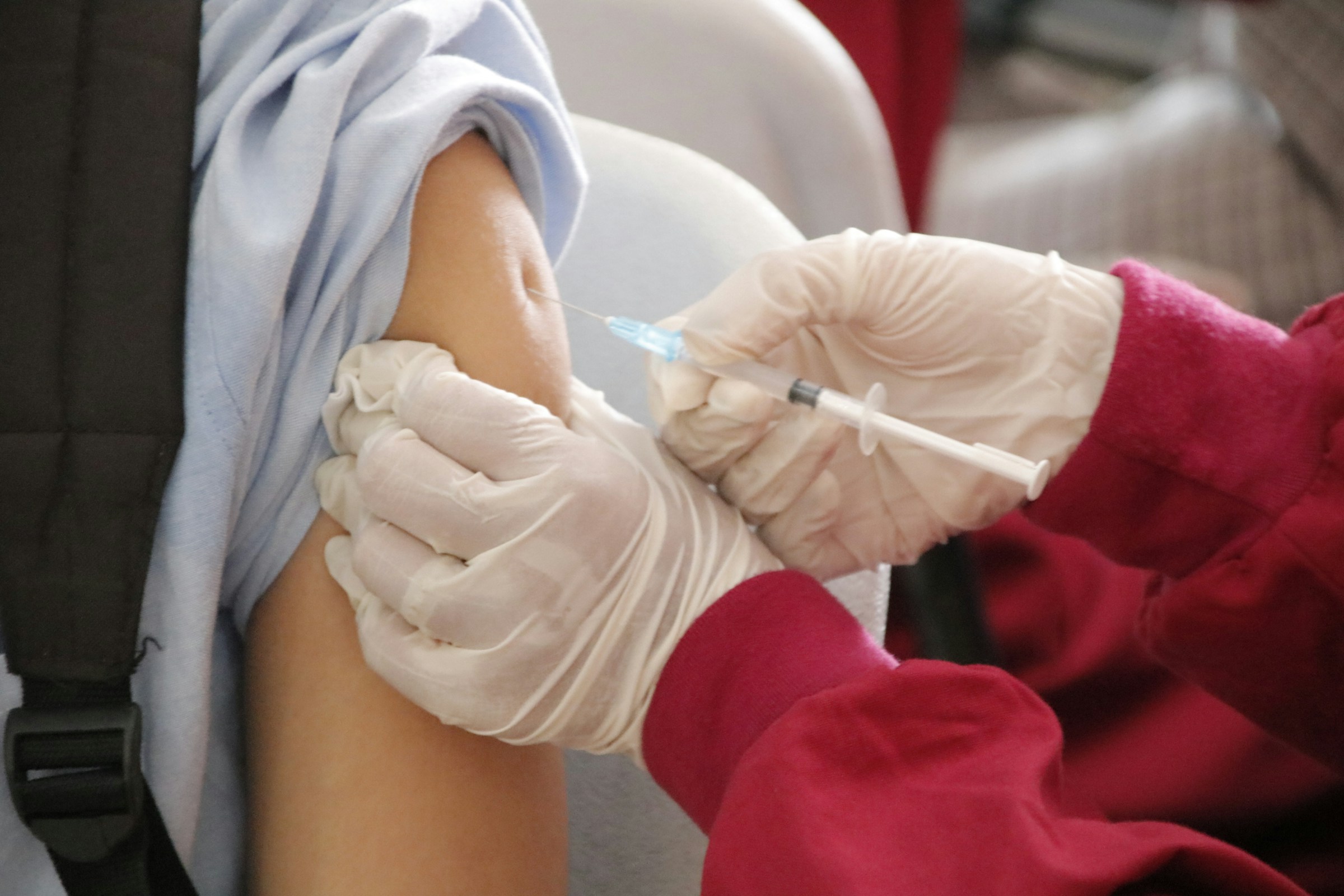Polio
Poliomyelitis (polio) is a potentially paralysing, vaccine preventable, viral infection. The virus is transmitted through food or water contaminated by infected human faeces or by direct contact with an infectious person.
Polio is extremely rare in UK travellers with the last imported case occurring in 1993. Those at increased risk include travellers visiting friends and relatives, those in direct contact with an infected person, long-stay travellers, and those visiting areas of poor sanitation.
In 1988 polio commonly occurred in more than 125 countries on five continents, with more than 1,000 children paralysed every day. Since the launch of the Global Polio Eradication Initiative in 1988, worldwide rates of polio have been reduced by more than 99 percent. The number of countries where polio commonly occurs has declined from 125 to two: Afghanistan and Pakistan. The rest of the world remains at risk of polio importation, with a number countries still reporting imported cases of polio.
Most individuals (about 95 percent) who acquire polio do not develop symptoms. When they do occur symptoms may range from a mild illness with fever, to symptoms of meningitis (inflammation of the lining of the brain) or paralysis. Although paralysis occurs in less than one percent of infections it is frequently long lasting.
Prevention
An effective vaccination against polio is available. In addition to vaccination travellers should ensure good personal hygiene and follow advice on prevention of food and water-borne.
Polio vaccine
The objective of the immunisation programme is to provide a minimum of five doses of a polio- containing vaccine at appropriate intervals for all individuals. For adults and children from 10 years of age, who have not received polio vaccinations in the past, a three-dose course of vaccinations can be provided.
Polio vaccine is recommended for:
– All individuals, from two months of age as part of the UK routine immunisation schedule
– Travellers to areas or countries where there are recent reports of wild polio and their last dose of polio vaccine was given 10 or more years ago.
– Individuals at risk of exposure to polio through their work, e.g. certain healthcare workers and microbiology laboratory staff.
Currently, temporary regulations are in place to reduce the international spread of poliovirus
In September 2004, inactivated polio vaccines (IPV) replaced oral polio vaccine (OPV) in UK routine vaccine schedules.
Length of protection
In most circumstances, five doses of polio containing vaccine at the appropriate intervals are considered to give satisfactory long-term protection for life in the UK. However, travellers to areas or countries where there are recent reports of polio and whose last dose of polio vaccine was 10 or more years ago are recommended to have a booster dose.

Frequently Asked Questions
Polio is a serious disease caused by the poliovirus. It can affect a person’s spinal cord and lead to paralysis.
You can catch Polio if you come into contact with an infected person or consume food or water contaminated by faeces.
The common symptoms of Polio include:
– Tiredness
– Headache
– Stomach pain
– Fever
– Sore throat
– More serious symptoms include:
– Inflammation of the brain and spinal cord
– Paralysis
You will need 5 doses of the vaccine to be fully protected against Polio; these will usually be administered as part of your vaccine schedule as a child. Once you have been fully vaccinated, you should be protected for ten years. However, if you haven’t received the polio vaccine and you are planning to travel to an area where Polio is common, then you will need three doses of the vaccine before you travel. The second dose should be administered at least 4 weeks after the first, and there should be a six month gap before the third dose.
You can book to have your DTP (Diphtheria, Tetanus, and Polio) vaccination at The Travel Health Clinic.


